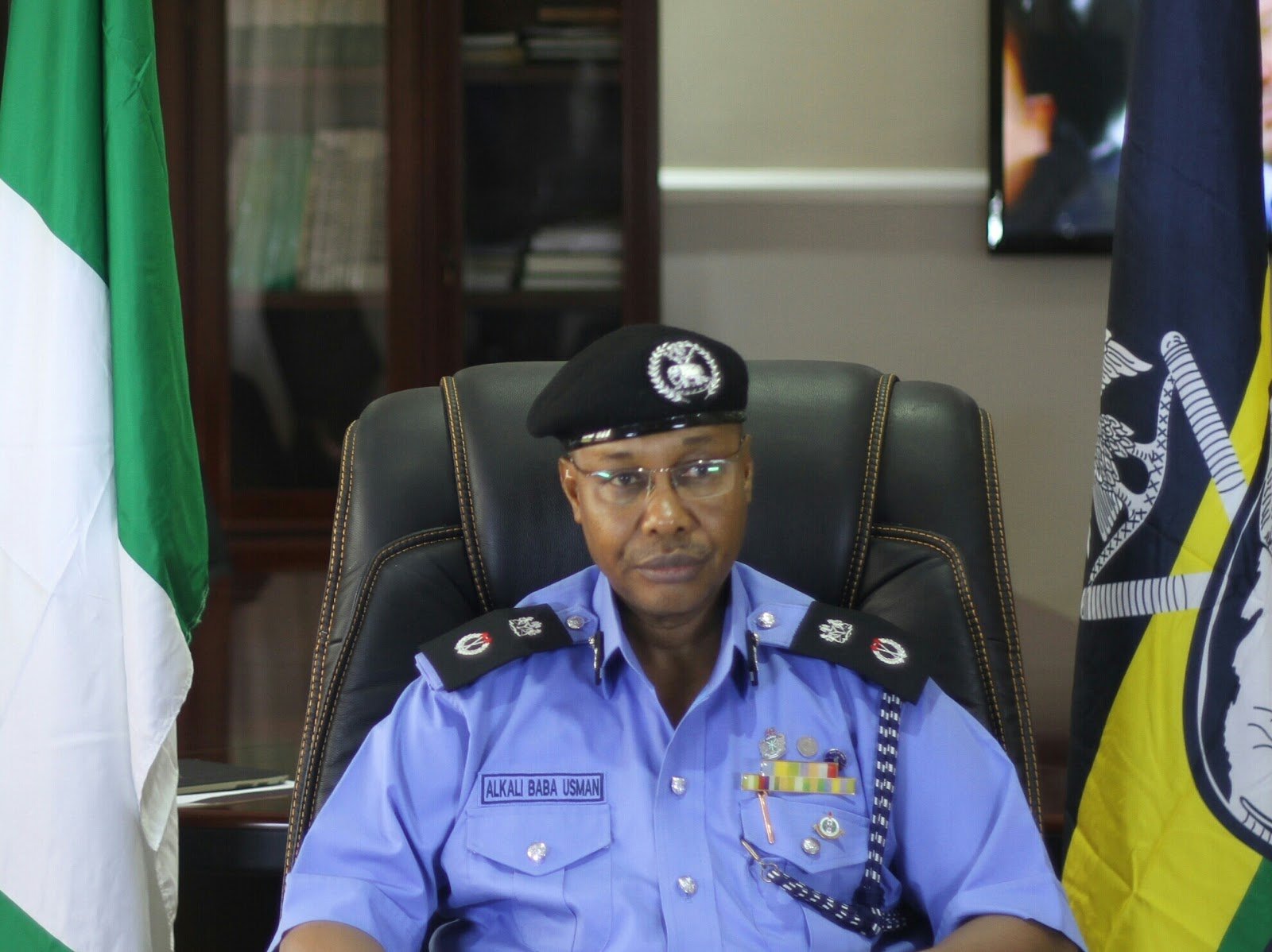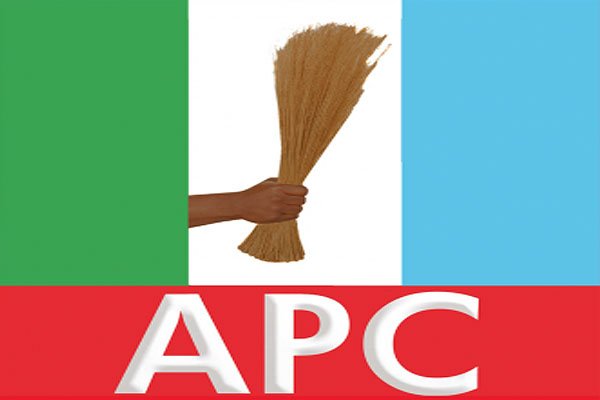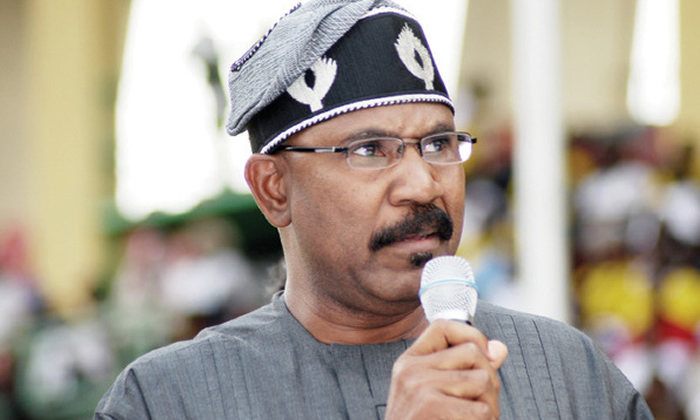Election petitions and the endless politicking By Dan Agbese
Femi Falana (SAN): “Nigeria has the highest number of pre-election cases and the highest number of election petitions in the world. It should be a matter of concern to all genuine forces of democracy and all stakeholders.”
Here is the evidence. In the six general elections conducted between 2003 and 2023, the country recorded a total of 5,153 election petitions, distributed as follows: 2003, 560; 2007, 1,290; 2011, 732; 2015, 611; 2019, 766 and 2023, 1,194.
These petitions clutter the court dockets. According to Falana, there are “1,800 pre-election cases before the courts, with 600 at the court of appeal and about 120 before the Supreme Court.” He described this as “unhealthy.”
As indeed, it is. I agree with him. We do more politicking than governing. Before the current electoral act pegged 180 days for the disposal of all election petitions, election petitions lasted from one election circle to another. Falana rightly pointed out that this “should be a matter of concern” to all of us who wish to see genuine democracy birthed by the free, fair, and credible conduct of our general elections. It is a no brainer to say that if we do not get our elections right, our democracy remains stuck in the marsh of our collective self-mockery.
The petitions rose and fell and rose again consistent with the way our country waddles in the wilderness of a shameless and hypocritical manipulation of the electoral system in a way it can only guarantee a democracy bent out of shape. From the 560 petitions in 2003, the number of petitions rose to 1,290 in 2007. This was the year of a transition election and the one superintended by the President Obasanjo who failed in his third term bid and described the 2007 general elections as a do-or-die matter for him.
It was rated by election observers as the worst general elections conducted in the country so far. It achieved the remarkable feat of not even meeting the low regional standard in the conduct of democratic elections. Still, we picked ourselves up from that gutter with only 732 petitions in 2011, perhaps because President Goodluck Jonathan had a more correct take on the conduct of elections as a civilised exercise in democracy and not a war in which we would be free to kill or be killed.
Do these election petitions reflect poor sportsmanship on the part of our politicians as poor and intolerant losers? Or do they reflect some inherent defects in the electoral system that are obstacles that prevent the electorate from executing their electoral mandate and institute governments of their choice freely and fairly at national and sub-national levels?
I cannot pretend to have answers to these critical questions, but it is important to raise them and if we can, address them and similar questions if we are desirous of building a democracy whose integrity is founded on the inherent right of the people as the custodians of political power. I can tell you that it is not such a great thing that our country seems to stand out in the world for the wrong reasons, to wit, corruption, drug peddling, banditry, armed robbery, and other crimes. If it is our national ambition to be the first in everything evil, let us try and moderate it because of the burden thrust upon our country as the hope of black people in the diaspora.
No one can, without making himself look foolish, deny that our politicians are bad losers. They are. Each of them goes into an election convinced beyond his personal doubt, that he is the anointed one. When disappointment hits him in the face, he seeks to right the alleged wrong in the law courts. The unintended consequence is that our politicians have removed from the electorate the right to elect candidates of their choice and given it to the courts to decide the choice of the people on the basis of most often tenuous legal technicalities that make informed legal minds elsewhere wince.
It is true that only a few of the petitions that go through the tribunals to the appeal courts and eventually the supreme court succeed. But the few that do succeed show that not all cases of alleged election rigging are frivolous. Election petitions are bad for our national image in every respect. Believe me, we are not dealing with spiritual problems here. You should not let the men and women of God convince you otherwise. If the more we try to get things right, the more they go wrong, badly wrong, then we must find some rational explanations for them. Election petition cases arise and continue to rise from one election cycle to another because we are unwilling to obey the simple rules of the game of politics and elections. That is no brainer either. It is elementary.
We are not dealing with lack of laws here either. We are dealing with lack of respect for them. We have enough good laws in the books dealing with how not to let candidates bend the arc of electoral victory to personal whims and caprices. Reforms in the electoral system have so far failed to destroy the monster known as election rigging. The politicians in the executive and the legislative branches of government are, for understandable reasons, unwilling to do anything to stop election rigging.
I cannot tire of saying this. The involvement of the judiciary in our elections has not been particularly salutary for our democracy. It has further corrupted the system and allowed crooked politicians to use their ill-gotten wealth to rise from the ashes of their loss at the polls to victories conferred on them by the courts. As I said here a column or two ago, it is not right for the judiciary to be charged with the responsibility of determining the choice of the people expressed at the polling booths through legal technicalities.
I am glad I have the support of a very senior lawyer here. Falana: “For me, it is extremely disturbing, and I’ve made the point that we cannot continue to involve the judiciary in the election of the representatives of our people. We must out an end to it.
“We had thought that with enough reforms of the electoral system that by now we should be taking the court out of the electoral system. I’m disturbed as a lawyer that Nigerians are now saying that the elections have moved to the courts. That is not very complimentary.”
We are where we are because we have refused to tackle the fundamental problems of the electoral system and the elections. We have had a surfeit of recommendations on what must be done to make our elections credible and respectable at home and abroad. One of the most comprehensive of these recommendations on best practices in our electoral system and elections remains that of the electoral reform commission headed by Justice Muhammadu Uwais, former chief justice of Nigeria. Its fine and sensible recommendations are still gathering dust, shunned by successive presidents, including Goodluck Jonathan who, as vice-president, was a party to the setting up of the commission by his principal, the late President Umaru Yar’Adua.
In the peculiar nature of the Nigerian system, we recognise our problems, seek solutions to them through a panel of exports and then ignore the findings and the recommendations of the panel. How do we expect to move forward as a nation if we are unwilling to solve problems that clearly hobble us? No nation seeks to carry its problems on its back. A nation achieves real, as opposed to cosmetic, progress by solving its problems, not by ignoring them or running away from them. Consider what difference it would have made to the fortunes and the misfortunes of some of our politicians contesting the results of the presidential and the governorship elections if, as the commission recommended, all election petitions were concluded before the new governments took office on May 29.
It is immoral for a governor whose election is being challenged to take office and fund his legal battle with state resources. There is no penalty for electoral fraud, as in election rigging, that gives power to a candidate rejected at the polls by his own people. There would have been if the recommendation of the Uwais commission for electoral offences commission/tribunal had been accepted and implemented. The refusal by our political leaders to confront our fundamental problems does not make for a steady march of progress.




